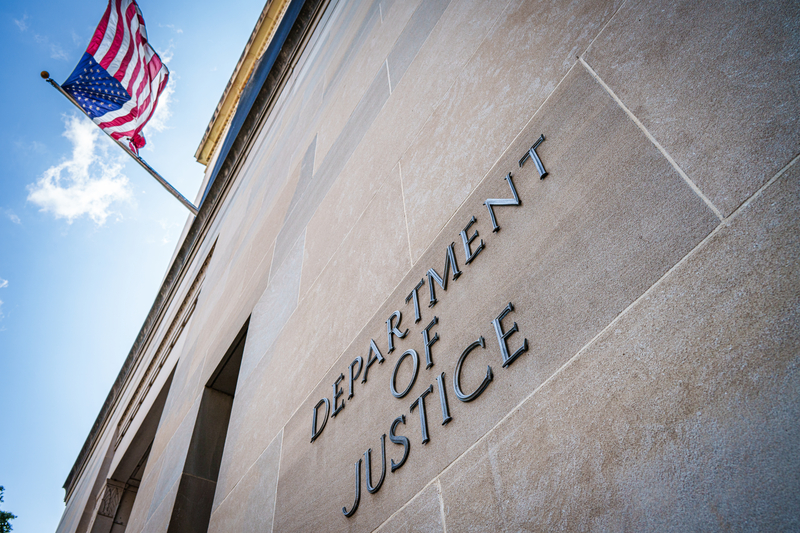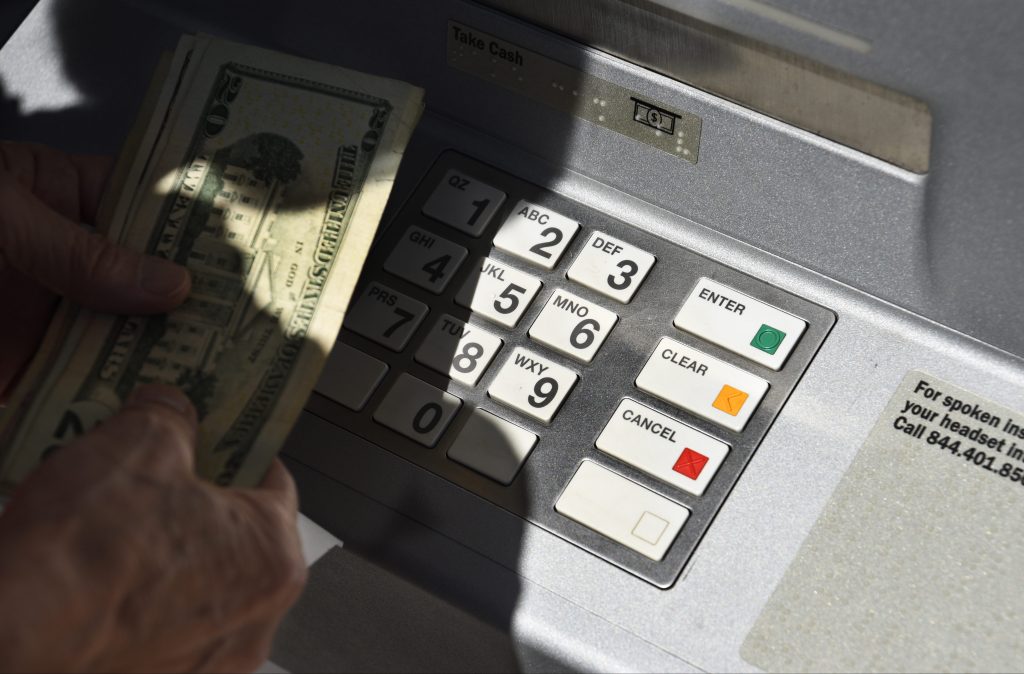The Federal Deposit Insurance Corp (FDIC) has proposed that banks bolster recordkeeping requirements for accounts held by fintech companies on behalf of their customers. The proposal follows the collapse of bank-fintech middleman Synapse Financial Technologies earlier this year – a failure that led to the freezing of thousands of customer accounts.
Collectively, the new requirements would ensure that consumers have timely access to their funds, even in the absence of a bank’s failure, the FDIC said. In other words, the customers get such access even if the bank partner is still standing and federal deposit insurance doesn’t kick in.
A public comment period on the proposal will be open for the next 60 days.
Recordkeeping per fintech partner
What normally happens is that non-bank fintechs deposit customer funds into a single custodial account at their partner bank, leading to one customer account that may hold the funds of thousands of individuals and businesses. And a partner bank might not be able to determine which customers own what funds within the account.
“[This] is an important step to ensure that banks know the actual owner of deposits placed in a bank by a third party such as Synapse … and that the banks are able to provide the depositor their funds even if the third party fails.”
Martin Gruenberg, Chairman, FDIC
Under the FDIC’s rule proposed this week, banks would be required to ensure accurate recordkeeping per fintech customer, including a requirement that individuals’ funds be reconciled daily.
Essentially, banks that work with fintech companies would need to identify the beneficial owners of each account and its balance. Third parties – such as Synapse – would be allowed to maintain those records as long as certain requirements are met, such as a bank retaining unrestricted access to that data even in the event of a middleman’s bankruptcy or insolvency.
As implied, these requirements only apply if the bank uses a third party to maintain records.
The proposed rule also provides for oversight by the banks’ primary federal regulator to review for and enforce compliance with the rule.
Knowing the actual owner
“The Notice of Proposed Rulemaking approved by the FDIC Board today is an important step to ensure that banks know the actual owner of deposits placed in a bank by a third party such as Synapse, whether the deposit has actually been placed in the banks, and that the banks are able to provide the depositor their funds even if the third party fails,” said FDIC Chairman Martin Gruenberg.
“In addition, it will strengthen the FDIC’s ability to make deposit insurance determinations and, if necessary, pay deposit insurance if the bank fails. Further, the proposed rule will strengthen compliance with anti money laundering and countering the finance of terrorism law.”
FDIC’s steps to address third-party risk
The FDIC has taken a number of actions in recent years to address risks associated with third-party deposit relationships, including:
- issuing information on supervisory observations on bank arrangements with fintechs to deliver bank deposit products and services;
- issuing a request for information to solicit input on bank-fintech arrangements;
- issuing a new rule to modernize deposit insurance sign and advertising requirements, including websites and mobile apps, and to address misrepresentations of deposit insurance;
- issuing advisory letters to stop misrepresentations of deposit insurance;
- launching a public awareness campaign, Know Your Risk. Protect Your Money., and providing other resources to reach consumers using alternative banking services that may appear to be FDIC-insured but are not.
Case in point
Last November, First Northwest Bancorp (FNWB) released an 8-K disclosing that First Fed Bank and the FDIC entered into a consent order with the FDIC. FNWB is a publicly traded company and the parent of First Fed Bank, a $2.1 billion asset state nonmember bank based in Port Angeles, Washington.
The consent order revolved around First Fed Bank’s joint venture agreement and vendor relationship with a digital financial wellness platform that offered personal financial services to the general public.
The consent order detailed allegations against FNWB that included unsafe or unsound banking practices; unfair or deceptive acts of practices violations; violations of the Truth in Lending Act; and a law that prohibits making false or misleading representations about deposit insurance coverage and misuse of the FDIC’s logo, among others.
Before First Fed Bank will be permitted to allow a new third party to offer a bank product through, or in conjunction with the bank, it must obtain a written non-objection from the FDIC after conducting an “initial thorough and well-documented review and assessment of the risks associated” with the new bank product or new third party, as applicable.













